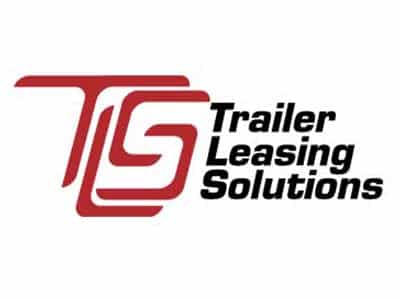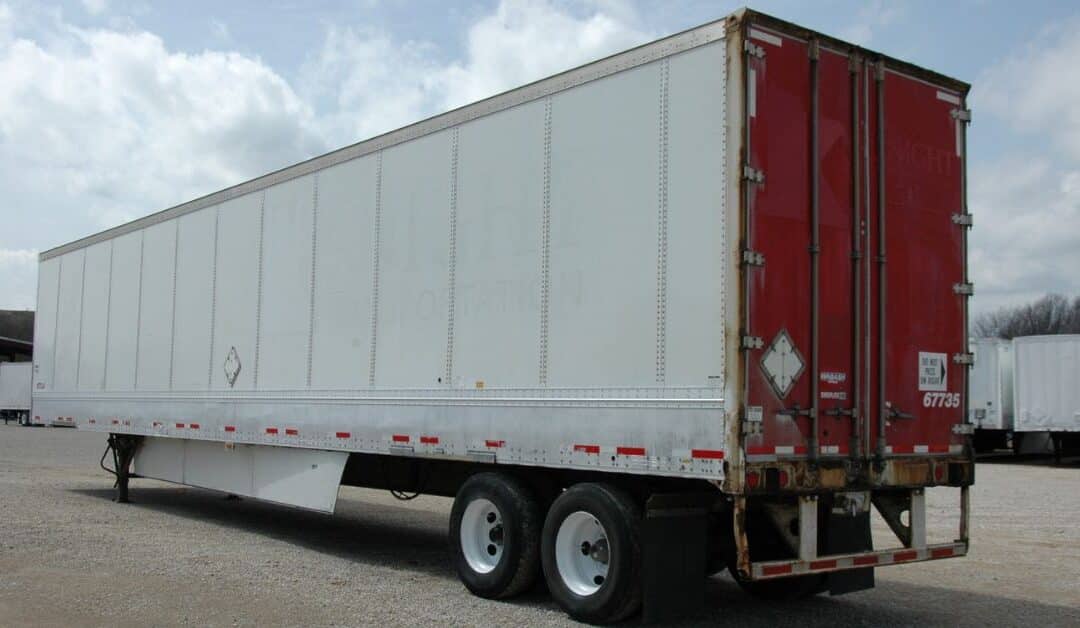The explosive growth of online shopping has fundamentally transformed the way goods are transported across the globe. Behind every delivery lies a complex logistics network, and at the heart of this system stands the semi-trailer. These massive cargo haulers are essential for modern commerce, and they continue to adapt and evolve to meet the unprecedented demands of digital retail.
The role of semi-trailers in the growing ecommerce boom extends far beyond simple transportation. They represent a critical infrastructure component that enables the seamless flow of goods from manufacturers to distribution centers and ultimately to consumers’ doorsteps. As online shopping continues to reshape retail landscapes, understanding how semi-trailers support digital commerce is essential for business owners, logistics professionals, and consumers.
The Ecommerce Logistics Landscape
The ecommerce logistics landscape is a dynamic and complex network that ensures the efficient movement of goods in a fast-paced digital marketplace. From inventory management and order fulfillment to last-mile delivery, this system relies on strategic planning and innovative solutions to meet the growing expectations of consumers for speed and convenience.
Understanding this landscape is key to optimizing operations and staying competitive in the evolving world of online retail.
Understanding Modern Fulfillment Networks
Ecommerce fulfillment networks operate on principles vastly different from traditional retail supply chains. Where brick-and-mortar stores could predict inventory needs based on seasonal patterns and local demographics, online retailers must prepare for sudden spikes in demand across diverse geographic regions. This unpredictability requires transportation solutions that can scale rapidly and efficiently.
Semi-trailers excel in this environment because of their inherent flexibility. Unlike fixed infrastructure such as rail lines or shipping ports, trucking networks can adapt routes in real-time, responding to changing demand patterns, weather conditions, or supply chain disruptions.
The Last-Mile Connection
One of the most important challenges in ecommerce logistics involves connecting large-scale distribution operations with individual consumers. Semi-trailers play a crucial role in this process by efficiently moving large volumes of goods between major distribution centers and smaller, localized fulfillment facilities. These regional hubs serve as launching points for final delivery vehicles, creating a tiered system that maximizes efficiency while minimizing expenses.
The strategic positioning of semi-trailers within this network allows ecommerce companies to maintain inventory closer to key population centers without requiring massive warehouse investments in every market. This approach reduces delivery times while keeping operational costs manageable, creating a competitive advantage that directly leads to greater customer satisfaction.
Seasonal Demand Fluctuations
Ecommerce businesses face extreme seasonal variations, particularly during holiday shopping periods. Semi-trailers provide the surge capacity needed to handle these fluctuations without requiring permanent infrastructure investments. During peak seasons, additional trailers can be deployed to maintain service levels, while fleets can be scaled back to optimize costs during slower periods.
Modern semi-trailer fleets can be reconfigured with specialized equipment for different product types, temperature-controlled systems for sensitive goods, or security enhancements for high-value items. This flexibility enables ecommerce companies to expand into new product categories without completely restructuring their logistics operations.
Technological Integration and Innovation
Advancements in technology play a critical role in optimizing semi-trailer fleet operations. By integrating cutting-edge systems such as GPS tracking, telematics, and advanced automation tools, businesses can streamline their logistics processes, improve efficiency, and enhance overall operational visibility.
Advanced Tracking and Visibility Systems
Modern semi-trailers incorporate sophisticated tracking technologies that provide real-time visibility throughout the supply chain. GPS systems, electronic logging devices, and telematics platforms enable ecommerce companies to monitor shipments precisely.
These systems also enable predictive analytics that help optimize delivery schedules and route planning. By analyzing traffic patterns, weather conditions, and historical delivery data, logistics managers can make informed decisions that improve efficiency while reducing expenses.
Warehouse Management Systems
Semi-trailers now integrate seamlessly with warehouse management systems, enabling automated loading and unloading processes that reduce handling time and labor costs. This integration eliminates many of the manual processes that traditionally slowed down freight operations.
The coordination between trailers and warehouse systems also supports cross-docking operations, where goods move directly from inbound trailers to outbound vehicles without intermediate storage.
Cold Chain and Specialized Transport Solutions
The expansion of ecommerce into grocery, pharmaceutical, and other temperature-sensitive categories has driven innovation in specialized semi-trailer designs. Refrigerated trailers with precise temperature control systems enable online retailers to compete effectively with traditional grocery stores by maintaining product quality throughout the supply chain.
These specialized systems often feature multiple temperature zones within a single trailer, enabling the transportation of frozen, refrigerated, and ambient-temperature products.
Economic Impact and Efficiency Gains
Temperature-controlled systems enhance product quality and drive huge economic benefits for businesses. By reducing waste, optimizing transportation costs, and improving energy efficiency, these systems contribute to a more cost-effective and sustainable supply chain.
Cost Optimization
By consolidating shipments from multiple suppliers or combining orders for different destinations, businesses can maximize trailer utilization and reduce per-unit shipping costs. This efficiency directly supports the competitive pricing that consumers expect from online retailers.
The ability to optimize loads also extends to return logistics, where semi-trailers can simultaneously handle outbound deliveries and inbound returns. This dual utilization improves overall network efficiency while reducing the environmental impact associated with transportation activities.
Labor Efficiency
Modern semi-trailer operations incorporate driver efficiency measures that support the demanding schedules required by ecommerce fulfillment. Team driving arrangements allow trailers to operate continuously over long distances, reducing transit times for time-sensitive shipments. The standardization of trailer designs and loading procedures also reduces the time required for driver training and improves operational consistency across different locations.
Urban Delivery Optimization
Semi-trailers support urban delivery optimization by enabling efficient consolidation of goods at distribution centers located outside congested city centers. This approach reduces the number of smaller delivery vehicles required in urban areas, thereby helping to alleviate traffic congestion.
Regional distribution strategies supported by semi-trailer networks also enable the use of alternative fuel delivery vehicles for last-mile operations. Electric and hybrid delivery trucks become more viable when their limited range can be supported by strategically positioned inventory replenished by efficient long-haul semi-trailer operations.
Prepare Your Ecommerce Business for Success
The evolution of the role of semi-trailers in the growing ecommerce boom continues to accelerate as online retail expands into new categories and geographic markets. As the digital economy continues its rapid expansion, semi-trailers will undoubtedly continue adapting and evolving to meet new challenges and opportunities. Their fundamental advantages of flexibility, capacity, and cost-effectiveness position them as enduring components of the ecommerce logistics ecosystem.
Trailer Leasing Solutions provides durable and affordable used storage trailers for sale that are designed to meet the growing demands of today’s fast-paced ecommerce and digital marketing industries. Whether you’re looking to expand your fleet or need extra storage during seasonal peaks, our high-quality semi-trailers are the perfect solution. Let Trailer Leasing Solutions support your business with the tools you need to succeed.




